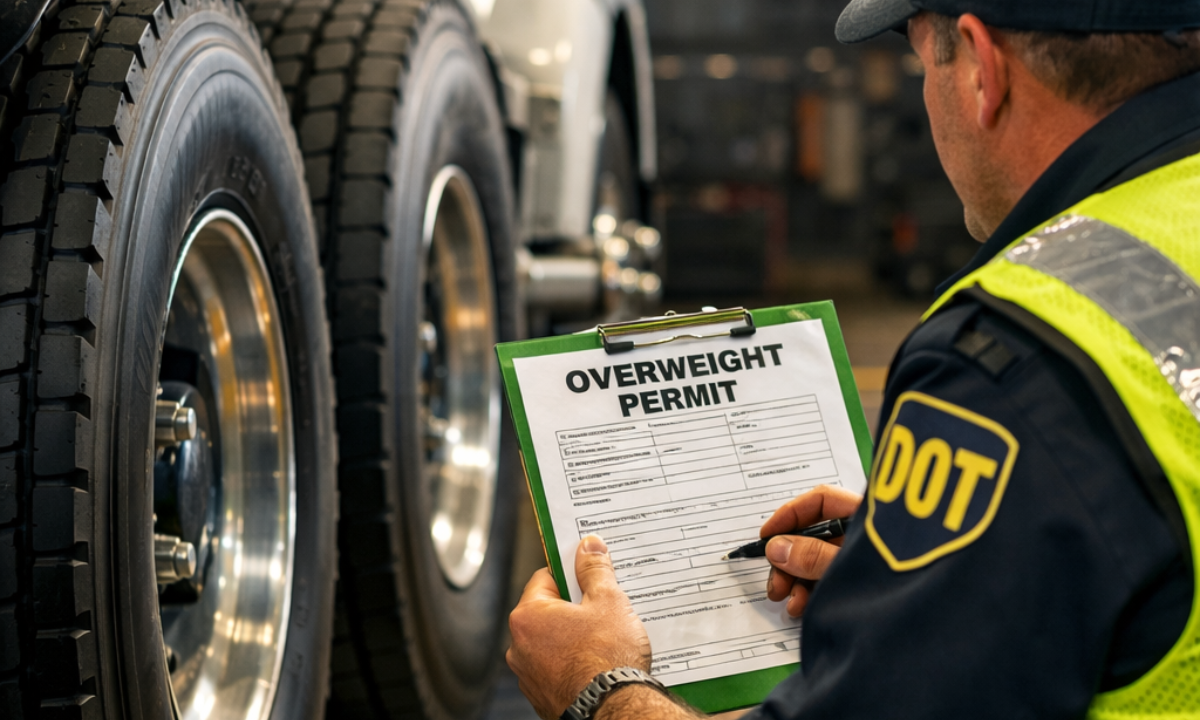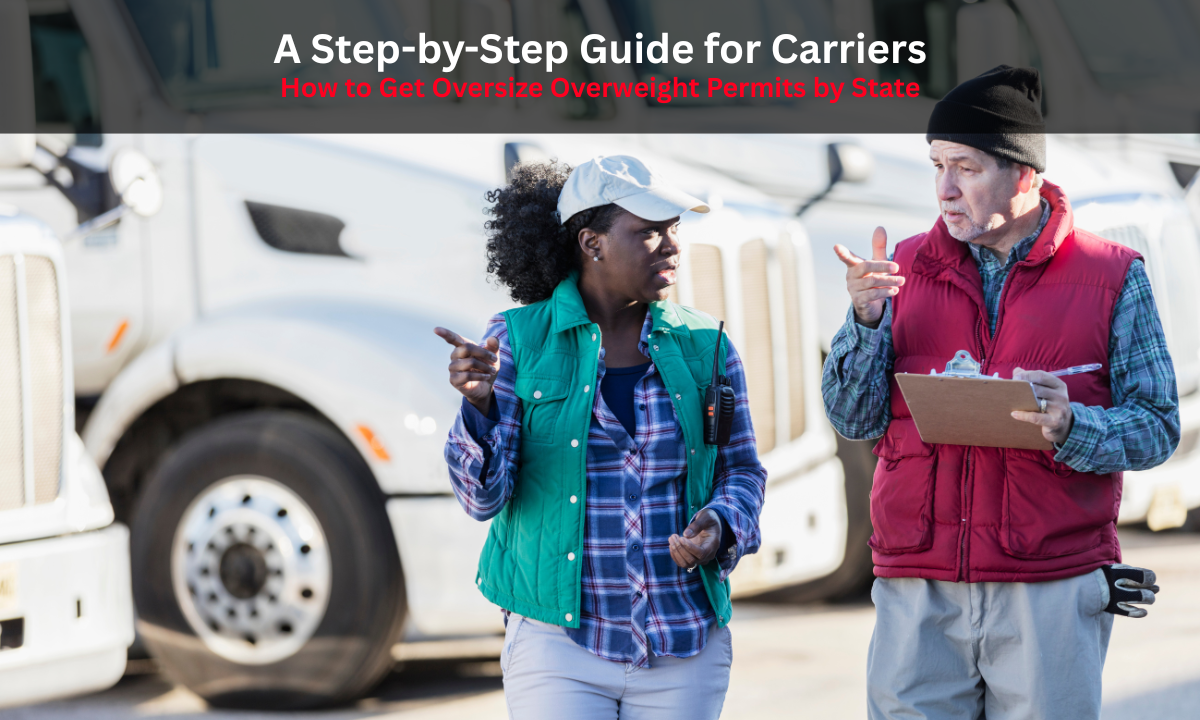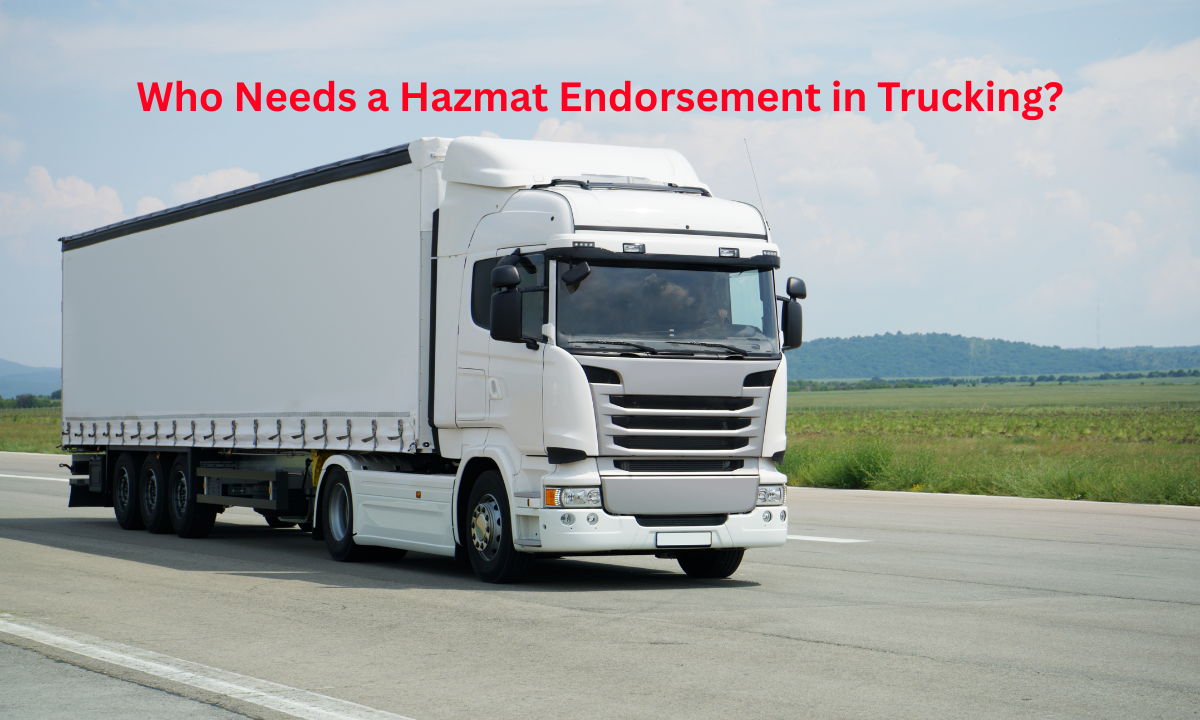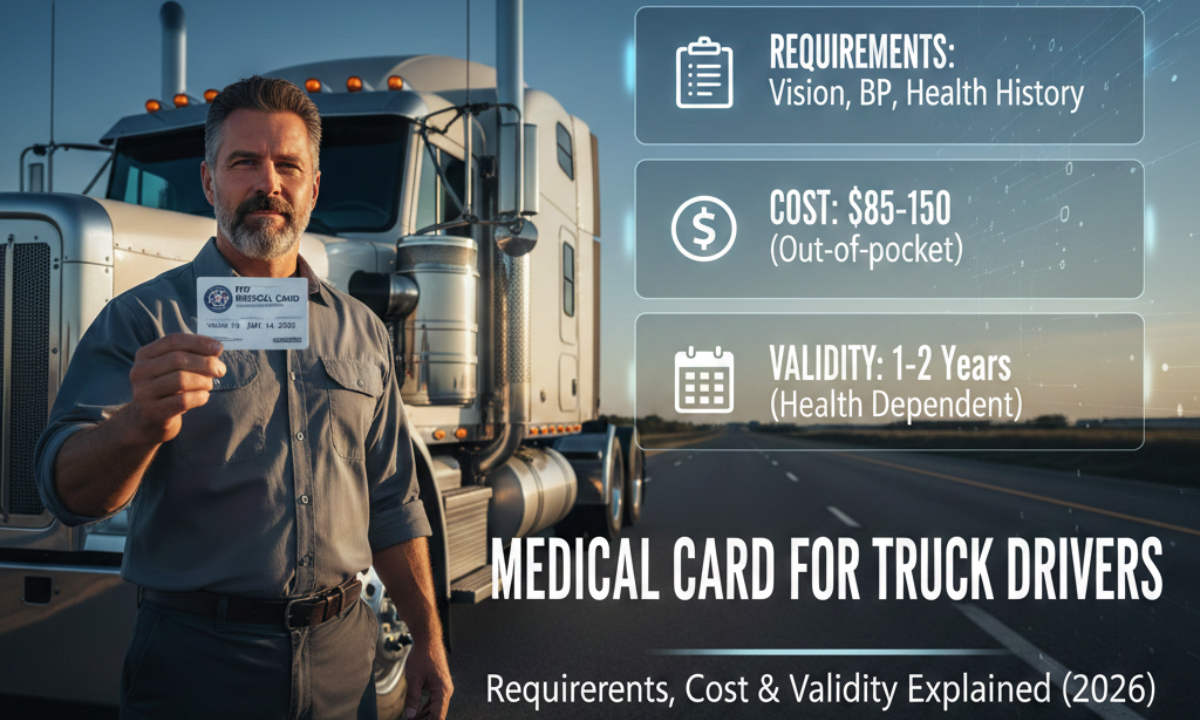Understanding the New Rules for Cargo Van Owner Operator Businesses.
Navigating the New Regulatory Landscape for Cargo Van Owner-Operators Business
Many changes are currently taking place regarding regulations for cargo van owner-operator businesses. Due to the new regulations concerning independent contractor classification, licensing, insurance, and interstate commerce, these businesses have even more challenges to compliance. As these changes happen, they will go a long way to keeping a business profitable, legal, and able to scale.
Reclassification Risk-New Independent Contractor Rules
One of the biggest shifts is the Department of Labor’s new rule on independent contractors, which gets rid of the earlier tests in favor of a totality of circumstances standard.
Under the newly defined Economic Reality Test, six factors now assist in judging whether a driver is an employee or a contractor:
- Opportunity for profit or loss based on managerial skill
- Investment in tools, vehicles, or equipment
- Permanence of the relationship
- Nature and degree of control exercised by hiring entities
- Is the worker providing an integral part of the hiring entity’s business?
- Degree of independent initiative, skill, or marketing ability
These factors must be considered on a totality basis no one of these factors is fatal.
With truckinginfo.com
So, for cargo van owner-operators, this means:
- They can negotiate rates and accept or deny loads.
- They invest in their van, maintenance, and tools.
- There would be no needless and overbearing control by brokers or shippers.
- They can show marketing activities and that they have multiple clients.
When a van operator is under such tight control or long term relationship with a company such that he closely resembles an employee, there is a significant risk that he could be classified as an employee as this would trigger wage, benefits, and tax liabilities.
Licensing, Registration & Interstate Authority
Operating a cargo van either interstate or intrastate would imply acquiescence to both federal and state regulations:
- Depending on weight, load type, and whether interstate, cargo van operators could need a USDOT number and MC authority.
- These state motor vehicle registration and commercial vehicle licensing rules can change with payload or use classification.
- Some arrangements will see cargo vans require an unrestricted commercial Class C (or above) license, especially in the case of FedEx Custom Critical.
Such state-specific and jurisdictional rules must always be verified by the operator submitting to federal guidelines before the acceptance of any interstate load.
Insurance, Liability & Cargo Coverage
In an environment of stricter government regulation and oversight, the area of compliance regarding insurance coverage becomes an interjection in risk:
- Commercial auto liability to cover third-party damages is generally mandated.
- Cargo insurance or freight coverage protects against theft, damage, or loss to appropriately identified goods while in transit.
- Brokers or contracts may impose higher thresholds for coverage.
- Operations that fail to maintain such insurance may render the parties liable to fines, refusal of claims, or cancellation of contracts.
We have to ensure that those contractual load tenders specify the minimum insurance requirements and that we stand clear of any disputes or denial of cargo by ensuring our policy adjusts to minimum standards required by either the load board or the broker.
Load Compliance, Permits & Route Restrictions
New rules affecting compliance of cargo van fleets with local, state, and federal load permits:
- Weight restrictions would require special permits on the certain road depending on height and length or axle restrictions.
- If the conversion of a cargo van or a heavy upfit pushes weight above the ordinary standards, oversized or overweight load permits might apply.
- Urban areas or emission districts may impose environmental regulation or time of entry restrictions.
If permits are not obtained or routing restrictions ignored, fines will be levied, the load may be impounded, or redirected, and the profit margins negatively affected.
Load Board & Broker Practices under New Rules
These new regulations also affect cargo van owner-operators’ interactions with freight load boards and brokers:
- Brokers might demand stricter verification of independent contractor status, possibly demanding proof of independence or some type of business documentation.
- Load board platforms may update their terms to enforce compliance with classification rules, or to require more robust documentation.
- Carriers could expect increased scrutiny on contract terms that limit their authority to negotiate rates or impose control standards (i.e. designated dispatch routes or technology requirements).
Operators must closely analyze the agreement, retain decision-making control, and reject any clauses that would be considered employer-like control.
Tax & Financial Implications of the New Rules
New classification rules and regulatory enforcement might generate serious tax exposure for the owners and operators concerned:
- Misclassification gives rise to back taxes on employment, potential fines or wages unpaid.
- Should they be reclassified from an independent business to an employee, the carriers may lose their right to deduct various expenses.
- Defense against reclassification is aided by a clear distinction of business activities through bookkeeping, separate business entities (LLCs or S Corporations), and evidence of business expenses and customer diversification.
Preserving financial documents and client contracts and providing evidence of advertising or marketing as an independent business are crucial for the continued defense.
Successive Measures: Preparing for the Backlash
To operate under the new regulatory regime, cargo van operators should be proactive:
- Evaluation of business model according to the 6 independent contractor factors.
- Investment in technology and branding (website, load matching platforms) to showcase operational autonomy.
- Seek legal or compliance expertise to evaluate contracts, leases, and associated classification risks.
- Monitor for updates to regulations on both federal and state levels to revise procedures accordingly.
By perceiving the business as an independent entity, operators further solidify their claims for independent contractor status while diminishing the risk of regulatory exposure.
Disclaimer: The information provided in this blog post is for general informational purposes only. While we strive to keep the content accurate and up to date, we do not guarantee its completeness, reliability, or accuracy. Any actions you take based on this information are strictly at your own risk. We are not responsible for any losses, damages, or inconveniences that may arise from the use of this blog.












